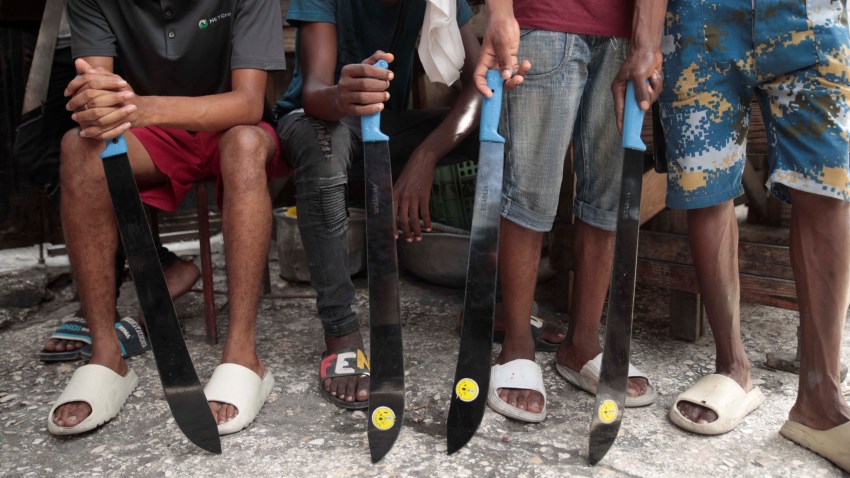Ever since the assassination of President Jovenel Moise over two years ago, Haiti has been in the grips of a political and security crisis that has left much of the civilian population in the nation’s capital, Port-au-Prince, at the mercy of brutal, predatory gangs. Now, those gangs are themselves under assault from the latest armed group on the block: Bwa Kale. This vigilante “movement” targets gang members caught in the act of violence and intimidation, at times even as they are being lawfully arrested by the police, and burns them alive in the streets.
The group is being portrayed by the media as an effective solution to the problem of Haiti’s gangs, whose violence includes thousands of rapes, kidnappings and killings, and has driven thousands of desperate refugees to flee the country. The language in The New York Times article about the group is almost laudatory at places, referring to Bwa Kale’s armed mobs as “civilians” and “self-defense brigades.” Local reporting in the English-language Haitian Times breathlessly refers to citizens “turning the tables” on gangs and characterizes Bwa Kale as a “civic awakening.”
Even local human rights organizations such as the Center for Analysis and Research on Human Rights, or CARDH, have implied that the lynchings and burnings of young men suspected of being gang members is a positive development. A report released by the center on May 28 refers to the violence as a “citizens’ awakening” and a “natural and conventional right of legitimate defense” in response to “international fiddling around.”

